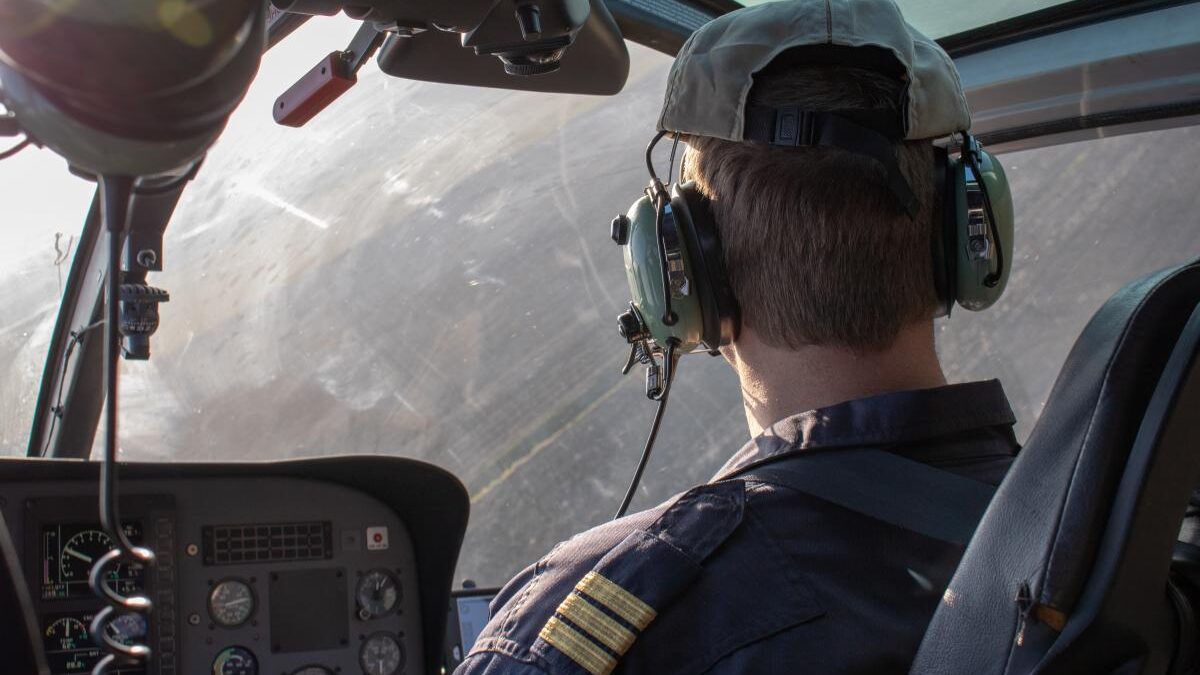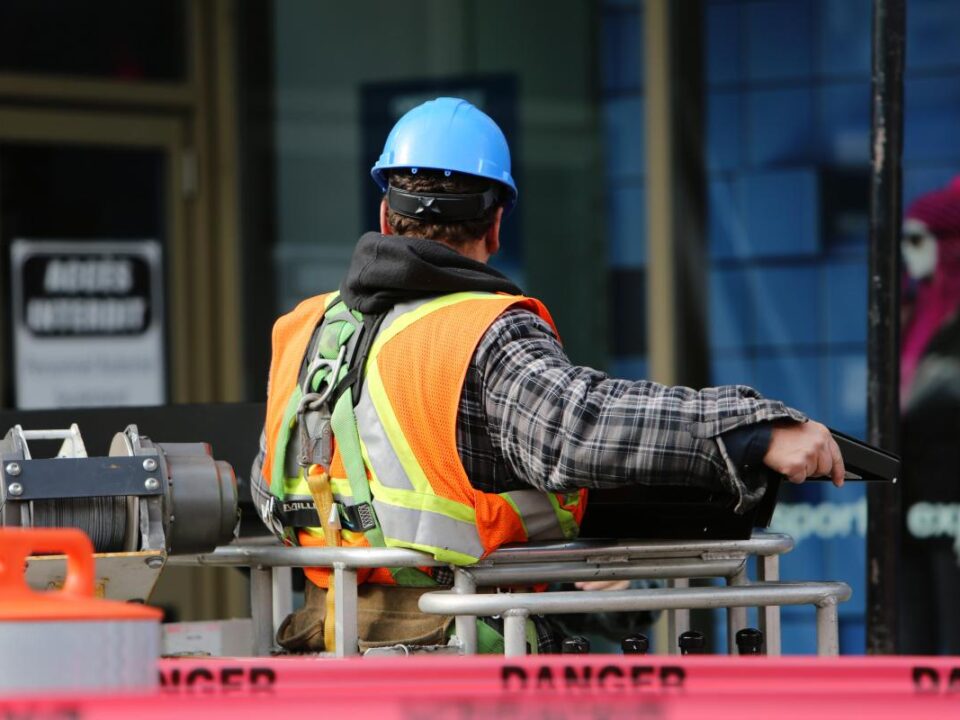
3 Tips to Keep Safety Training a Priority
May 20, 2020
The Different Types of Co-working Spaces and What They Mean
June 9, 2020The G-tech Team has revealed five necessary vital actions to permit pilots to make better decisions before and during their flights. Failure in these areas has brought about lost lives.
In the wake of dissecting many helicopter mishaps that resulted in fatalities for pilots and travelers, the G-tech Team has revealed fundamental activity things for pilots that will improve safe duties. Focusing pilots on these arrangements will permit them to settle on better decisions before and during their flights.
The facts show that failure in these areas has resulted in lost lives.
1. TAKE TIME FOR YOUR WALK AROUND
The pilot in order is answerable for deciding the airworthiness of the airplane. The person in question is working. A sufficient pre-flight assessment and the last walk around is critical to determining the state of an aircraft’s other flight. Likewise, a post-flight evaluation can assist with identifying issues before the next trip. The G-tech team accepts pilots that would profit better direction on how and for what reason to lead these assessments, as well as increased attention to their importance.
2. COMMUNICATE RISK ISSUES IN THE COCKPIT
The flight environment is often dynamic, and not every possibility can envision or foresee ahead of time. The pilot in command is ultimately responsible for the safety of a flight; in any case, the non-flying team and travelers can and should work with the pilot to guarantee security. When unexpected changes occur, the pilot and crew members/travelers must strive to detect the elevation of risk, convey the message to one another and collectively work through a reasonable resolution or mitigation. The G-tech team believes that effective practices in each phase of the process–detection, communication, and decision.
3. GET SOLID TRAINING FOR MAKE AND MODEL TRANSITIONS
Transition training in the helicopter network is not consistently applied, and this is prompting mishaps due to the unfamiliarity with airframe and equipment. The G-tech team believes that documentation related to helicopter transition training can develop into a new, general guide that would offer recommended practices and a “toolkit” to support standardized use.
4. UNDERSTAND THE HAZARDS OF OVER-THE-COUNTER MEDICATIONS
Since over-the-counter meds are promptly accessible, pilots occasionally underestimate the malicious impacts and the impedance brought about by these calming drugs. Notwithstanding explicit government guidelines and instruction efforts in regards to flying while weakened, over-the-counter medicine use by pilots stays a factor in 10 to 13 percent of airplane accidents. The G-team accepts that the helicopter network needs an increased awareness of the possibly appalling consequences of operating an airplane while taking these prescriptions.
5. MAKE A SAFE ATTITUDE YOUR OVERRIDING PRIORITY
Multiple points of view can characterize safety in the aeronautics world. From the responsive perspective, security implies an absence of mishaps, nonattendance of wounds, and a general situation where things don’t turn out badly. From a proactive standpoint, this condition doesn’t exist for any steady measure of time except if specific security-related dynamic standardizes and explicit safety attitudes are cultivated and strengthened. Regardless of whether we are reinforcing an individual’s security disposition, supporting a group’s wellbeing feelings, or sustaining a whole security culture, centering each individual from a flight group at each level on clear and unmistakable feelings should be a central goal.
The G-tech team believes that a more widespread culture of safety can produce if the standards are direct and identified with people:
· Your flight decisions need to be determined by safe actions;
· You need to take a proactive approach to solve safety issues;
· You must never carry out any unsafe actions or unprofessional behaviors;
· You should be continually looking for new safety knowledge and information; and
· You need to find ways to invest in and use technology that improves safety.
To learn more about safety tips for helicopter pilots, contact the G-tech team today!




